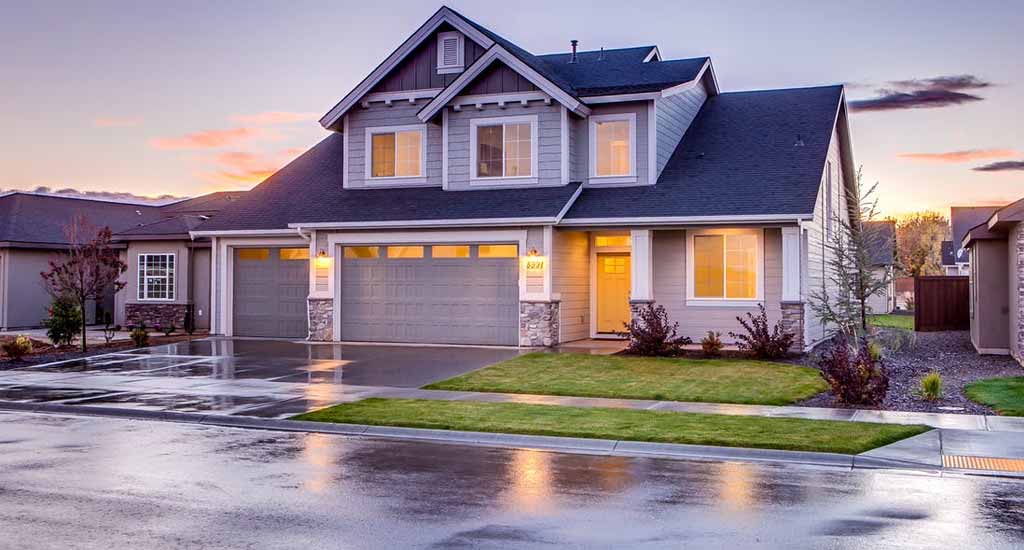For many families, there comes a time when their home starts to feel a little too small. With a lot of couples, this is when they start a family, or that family expands more than they might have foreseen. For others, this is because they choose to start a home business and struggle to find office space to accommodate them on-site.
There are two clear solutions to this problem: moving house or making your current house bigger. But which option is the right one for you?
Extending
One of the first factors to consider if you’re weighing up the benefits of extending versus moving is your location. In some areas, cost will be a deciding factor. In London, for example, bigger houses cost more than almost anywhere else in the country, and finding the funds for them can be almost impossible. The discrepancy between building an extension in London compared to anywhere else is much less dramatic, which can mean that taking advantage of unused loft space or an empty basement makes a lot of financial sense.
However, cost alone should not be the defining factor in making your decision. Take into account, too, the sort of property that an extension will create, and whether it could solve your current logistical challenges. Having a large family house with enough bedrooms for everyone in your current location may not be the best solution if you have small children and are left with no garden, for example. Equally, if you need a car for running the children to school and no parking is available, bigger or more bedrooms would not be the perfect solution.
From a purely practical perspective, building an extension may simply be unfeasible. It’s important that before you set your heart on doing so, you check that planning permission, if necessary, will be granted, your property’s drainage is suitable and that you have the available finance, without selling your property, to make the necessary changes.
Moving
Moving home involves an awful lot of upheaval, but that doesn’t necessarily mean that it’s not the right move for you. Living in a building site is arguably just as stressful, so this alone should not be a deciding factor.
According to Brendan Cox, a Managing Director at Waterfords; “It’s not always sensible to extend. When I value a house people often ask me about the two options, and I can usually demonstrate to them why it is better to move.”
One of the main reasons that so many are opposed to extending is that, on a purely financial basis, it is often cost-neutral at best. This means that unless you know you won’t be moving for a long time, you simply may not get your money’s worth.
Although you would, of course, have to spend a potentially significant sum to upgrade to another house, you could select a property that meets all of your criteria, rather than working within the confines of the building you already have, which may be limited in ways that cannot be fixed through paying for an extension.
Finding Funds
Whichever option you choose, you’re going to have spend money – quite a lot of it. Different finance options are available based on the choice you make, and it’s important that you fully understand these, and the impact they would have on your long-term finances, before you make any decisions. This, perhaps, should be the deciding factor when it comes to making your choice. Be sure to explore everything from the cost of extension loans from companies such as Nemo Personal Finance to the feasibility of taking out a new mortgage before you decide either way. Keep in mind however, that a loan from Nemo is secured on your home, so make sure you are able to afford the repayments.
Once you’ve made your choice, it’s time to start planning the home of your dreams…





























